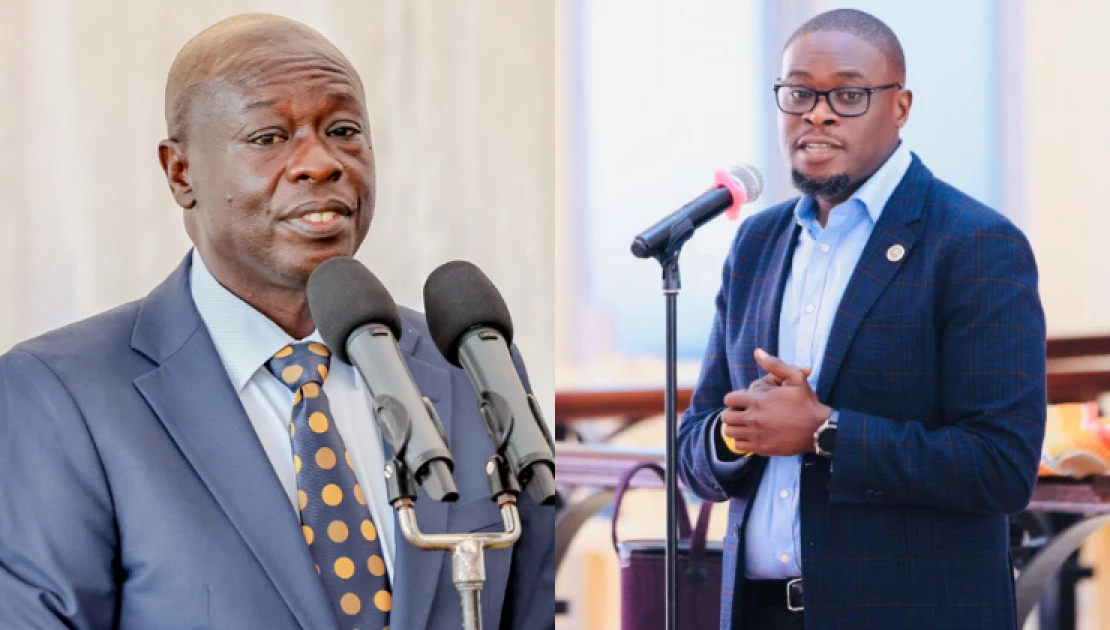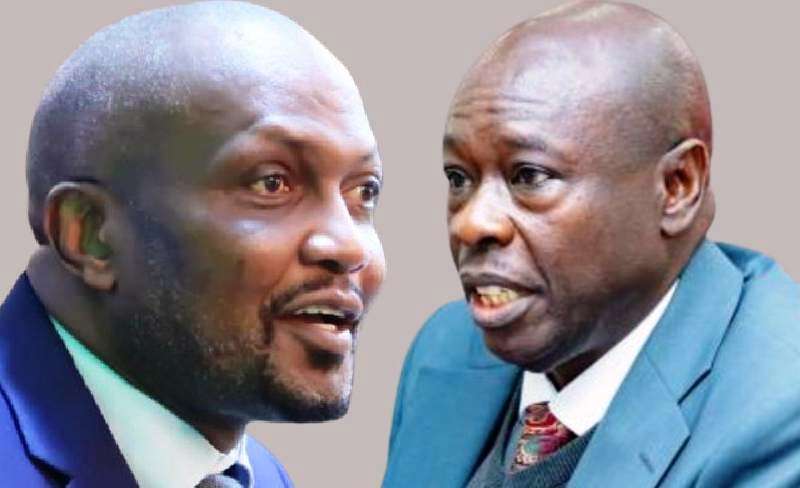By The Weekly Vision Team
In the aftermath of a truce brokered by President William Ruto between Deputy President Rigathi Gachagua and Nairobi Governor Johnson Sakaja, a fresh conflict between the two broke out last week when Mr Gachagua launched a direct attack on the governor for allegedly possessing a fraudulent university degree.
DP Gachagua and Governor Sakaja’s rivalries are a result of some power struggles over the control of city politics. Upon assuming office, Governor Sakaja came up with some policies that the DP views as controversial and designed to negatively impact the Kikuyu business community in the city. Analysts say that President Ruto’s intervention was crucial in brokering a peace deal between the DP and the governor, but the conflict has resurfaced over a fake degree certificate. Mr Gachagua humiliated Governor Sakaja at a public event where President William Ruto was present.
The DP stole the show at the event, especially when he announced some of the president’s close allies had been hired using fake university degrees. The announcement came as a shock to many.
The DP also proceeded to state that several governors, some of whom were seated near the president, held fraudulent degrees. When these allegations were being made, Governor Sakaja seemed preoccupied with his mobile phone, deliberately appearing to be disengaged from Gachagua’s outbursts, believed to be directed at him. In the run-up to the last general elections, Mr Sakaja was questioned about the authenticity of his degree certificate and was on the verge of being disqualified by the Independent Electoral and Boundaries Commission (IEBC) for allegedly presenting a fake degree certificate to the Commission.
Many were taken aback when the Deputy President disclosed that he had intelligence on the holders of fraudulent degrees who were now holding top positions in the county and national governments. It is anticipated that Governor Sakaja will respond to the Deputy President soon, a move that could potentially spark a war of words between the two leaders, similar to what was witnessed before President Ruto’s call for a ceasefire. For years now, the Kenyan government has faced backlash from ordinary Kenyans for enabling individuals with fraudulent academic papers to dominate the job market, thereby overlooking qualified candidates.
According to the Kenya National Qualifications Authority (KNQA), at least one out of three people who are employed in Kenya holds a fake certificate. This translates to about 30% (at least 250,000) members of the civil service workforce. The KNQA is a supervising body created in 2015 to ensure that people seeking higher education opportunities or employment in Kenya have attained the required standards and certification.





